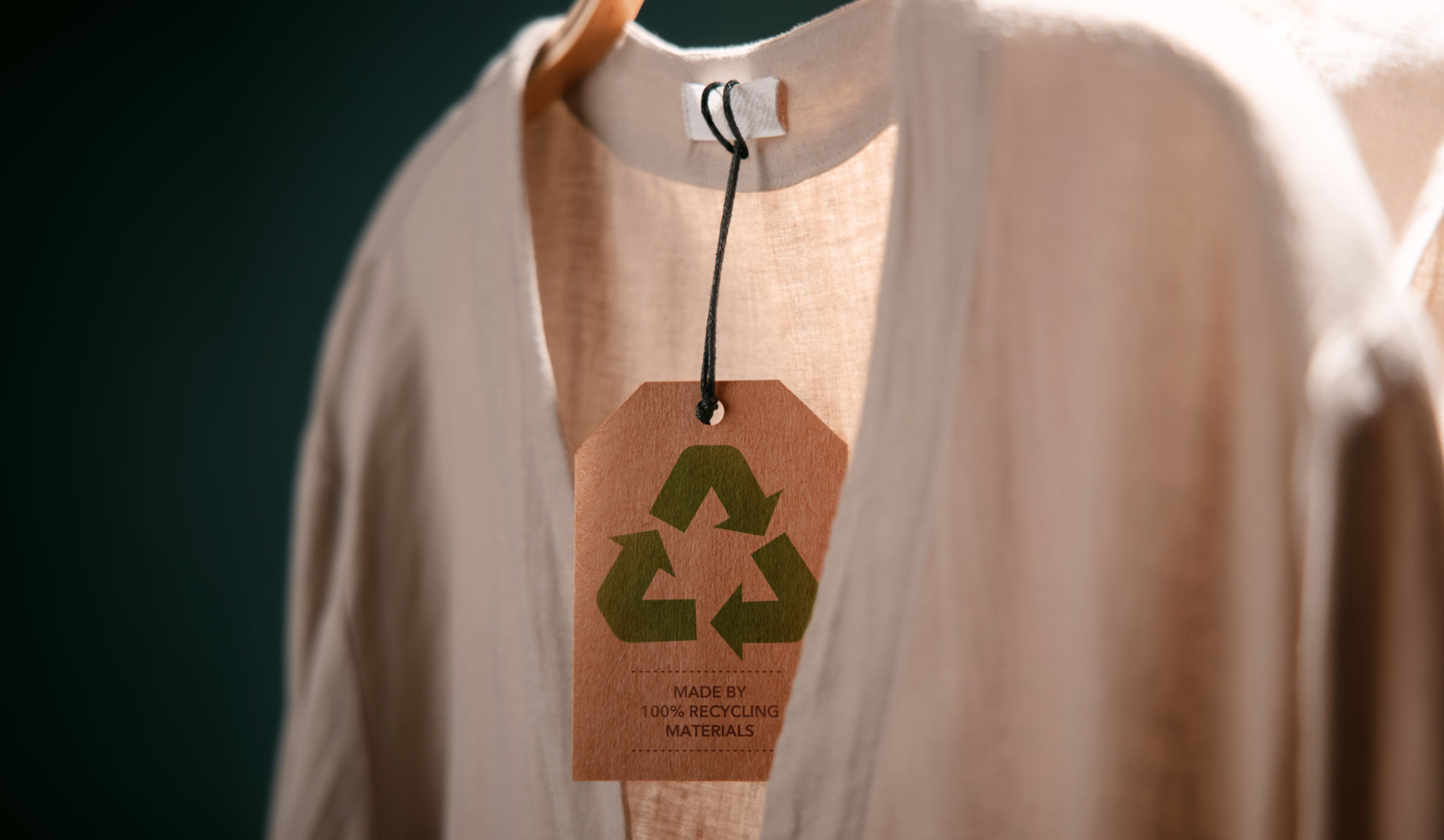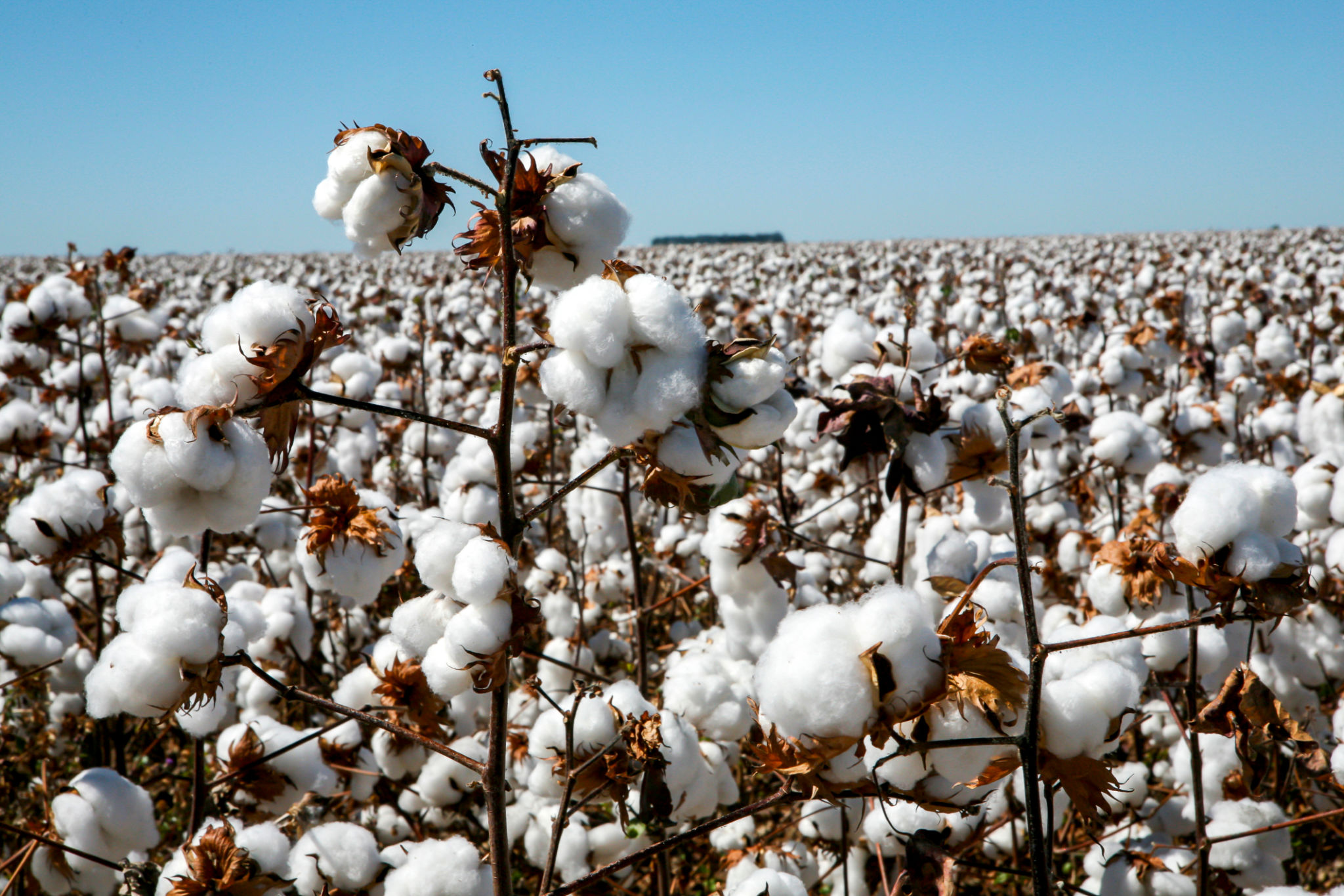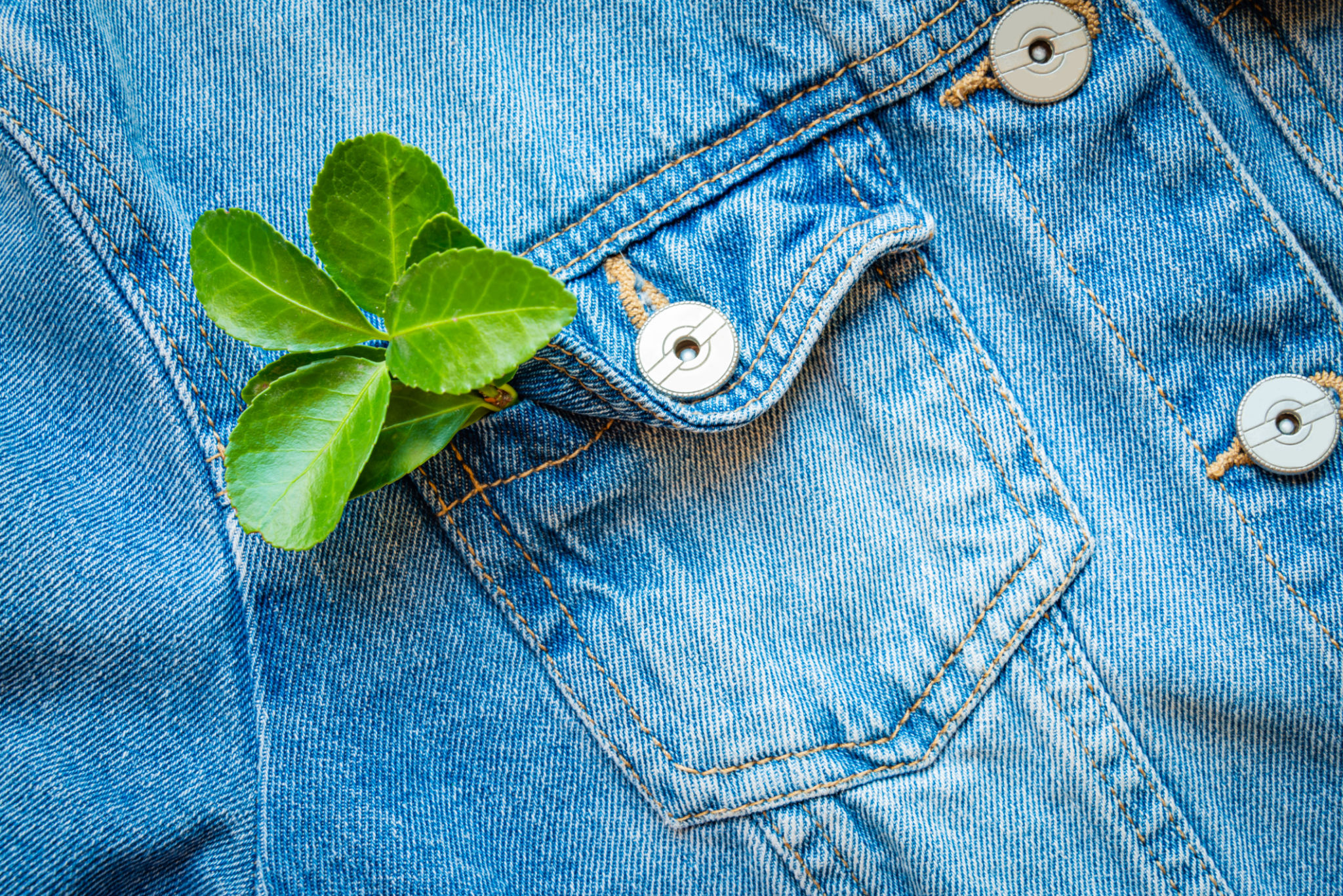A Comprehensive Guide to Sustainable Fabric Sourcing
Fa
Introduction to Sustainable Fabric Sourcing
In recent years, the fashion and textile industries have been under increasing scrutiny for their environmental impact. As a result, sustainable fabric sourcing has become a crucial aspect of responsible production. This guide will explore the principles of sustainability in fabric sourcing, offering insights into how businesses can make eco-friendly choices.

Understanding Fabric Sustainability
Sustainable fabrics are materials produced with minimal environmental impact, utilizing processes that reduce waste and pollution. The goal is to create textiles that are not only durable but also environmentally friendly. Key factors include the use of organic fibers, water conservation, and non-toxic dyes.
Types of Sustainable Fabrics
There are several types of sustainable fabrics available today, each with unique properties. Organic cotton, hemp, and bamboo are popular choices due to their low environmental footprint. Additionally, recycled materials like polyester made from plastic bottles are gaining traction in the industry.

The Importance of Ethical Sourcing
Ethical sourcing goes hand-in-hand with sustainability. It ensures that the fabrics are produced under fair labor conditions, supporting workers' rights and promoting humane treatment. Brands committed to ethical practices often work closely with suppliers to maintain transparency throughout the supply chain.
Certifications to Look For
When sourcing sustainable fabrics, certifications can serve as a reliable indicator of environmental and social responsibility. Notable certifications include:
- Global Organic Textile Standard (GOTS)
- OEKO-TEX Standard 100
- Fair Trade Certified
- Cradle to Cradle Certified

Strategies for Sourcing Sustainable Fabrics
Adopting sustainable fabric sourcing involves strategic planning and research. Businesses should develop a clear sourcing policy that prioritizes eco-friendly materials. Partnering with suppliers who share similar values can also enhance sustainability efforts.
Building Relationships with Suppliers
Establishing strong relationships with suppliers is essential for ensuring sustainable practices. Regular communication and visits to production facilities can help maintain high standards and foster mutual trust. Additionally, long-term partnerships are more likely to result in favorable pricing and quality assurance.

The Future of Sustainable Fabric Sourcing
The future of sustainable fabric sourcing looks promising as consumer demand for eco-friendly products continues to rise. Innovations in textile technology and increased awareness of environmental issues are driving the industry toward more sustainable practices.
Brands that invest in sustainable fabric sourcing not only contribute to a healthier planet but also differentiate themselves in a competitive market. As more companies adopt these practices, the hope is that sustainability will become the standard rather than the exception.
